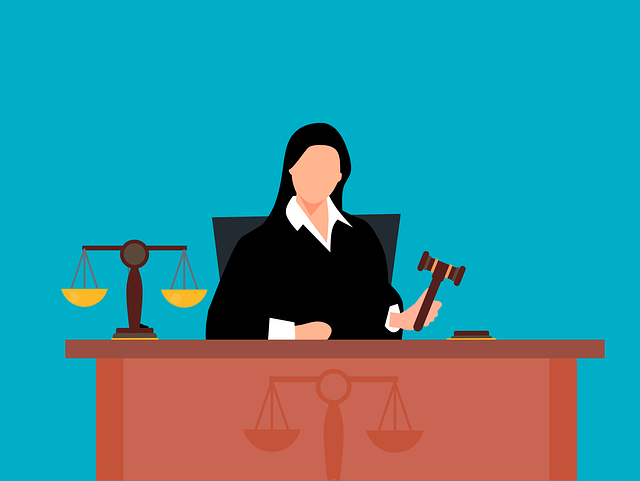Product liability settlements offer compensation for product defects through financial remedies or adjustments. Confidentiality terms are vital to protect sensitive information shared during negotiations and legal proceedings related to defective products like those involved in truck accidents or homeowner insurance claims. These clauses safeguard complex details about product design, manufacturing, and potential hazards, fostering trust and ensuring privacy for both consumers and manufacturers. Post-settlement, both parties have crucial obligations regarding confidentiality, balancing privacy protection with preserving individuals' rights to share experiences and attorneys' representation of future clients. Noncompliance can lead to penalties, legal action, and reputation damage.
In the complex world of product liability, reaching a settlement is a pivotal step. This article explores the intricacies of such settlements, focusing on confidentiality terms that can significantly impact businesses and individuals alike. We delve into the process of understanding these agreements, post-settlement obligations, and how confidentiality clauses shape legal landscapes. By examining real-world scenarios, readers gain valuable insights into navigating product liability cases effectively.
- Understanding Product Liability Settlements
- Confidentiality Terms in Settlement Agreements
- Navigating Post-Settlement Legal Obligations
Understanding Product Liability Settlements

When a product is found to be defective and causes harm, a product liability settlement is often the outcome. This legal process involves the victim seeking compensation for their injuries or losses from the manufacturer or seller of the product. Such settlements can take various forms, including financial payouts, medical coverage, or specific performance changes to prevent future harm. The goal is to restore the victim to their pre-incident state and provide fair restitution.
Confidentiality terms are an integral part of many product liability settlements, especially in cases involving sensitive information or high-profile companies. These agreements ensure that details surrounding the settlement remain private, protecting both parties from potential negative publicity or legal repercussions. A truck accident lawyer might negotiate such terms to safeguard their client’s privacy while securing a just wrongful death settlement. Homeowner insurance claims also often include confidentiality clauses to maintain the discretion of policyholders and prevent public scrutiny.
Confidentiality Terms in Settlement Agreements

In many product liability settlement agreements, especially when a personal injury lawyer is involved, confidentiality terms play a significant role. These clauses are designed to protect sensitive information shared during negotiations and legal proceedings. Since product liability cases often involve complex details about a product’s design, manufacturing processes, and potential hazards, keeping such insights confidential is essential for all parties involved. It safeguards against competitive disadvantages for manufacturers while ensuring consumers’ privacy regarding their experiences with defective products.
Confidentiality terms can also serve as a deterrent to future breaches of contract or caregiver negligence. By agreeing to maintain discretion, both parties are bound by a mutual understanding to respect the privacy of the settlement and the details leading up to it. This adds an extra layer of trust and responsibility, encouraging honest disclosures that can be crucial in achieving a just product liability settlement.
Navigating Post-Settlement Legal Obligations

After reaching a product liability settlement, both parties must navigate several post-settlement legal obligations. This includes fulfilling confidentiality terms, which are increasingly common in product liability cases to protect sensitive business and customer information. These terms require careful handling to ensure they do not infringe on an individual’s right to share their experiences or limit the ability of accident attorneys to represent future clients effectively.
It is crucial for individuals involved in a product liability settlement to understand their obligations, including any restrictions on discussing the case publicly or with third parties. Failure to adhere to these terms can result in penalties, further legal action, and damage to reputations. Furthermore, businesses must remain vigilant in monitoring post-settlement activities to protect against potential fiduciary duty breaches that could affect future settlements or litigation involving similar products.
A product liability settlement agreement, often containing confidentiality terms, is a legally binding process that allows all parties involved to move forward. By understanding these agreements and their post-settlement implications, individuals can effectively navigate the legal landscape. Confidentiality clauses are not merely bureaucratic; they ensure the privacy of sensitive information, fostering trust and encouraging open communication during disputes. Ultimately, recognizing the importance of these settlements and their associated terms is crucial for resolving product liability issues efficiently and discreetly.






